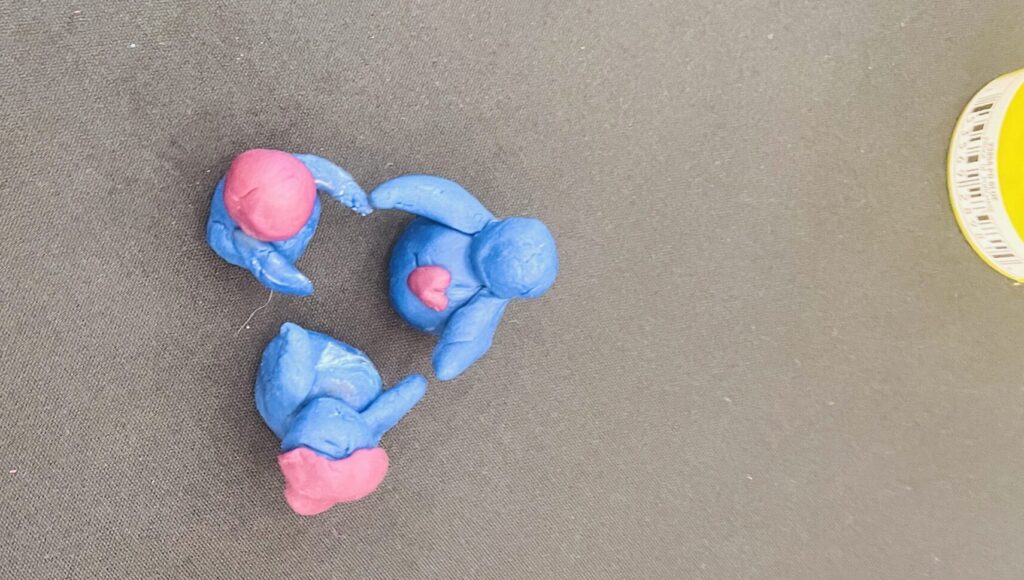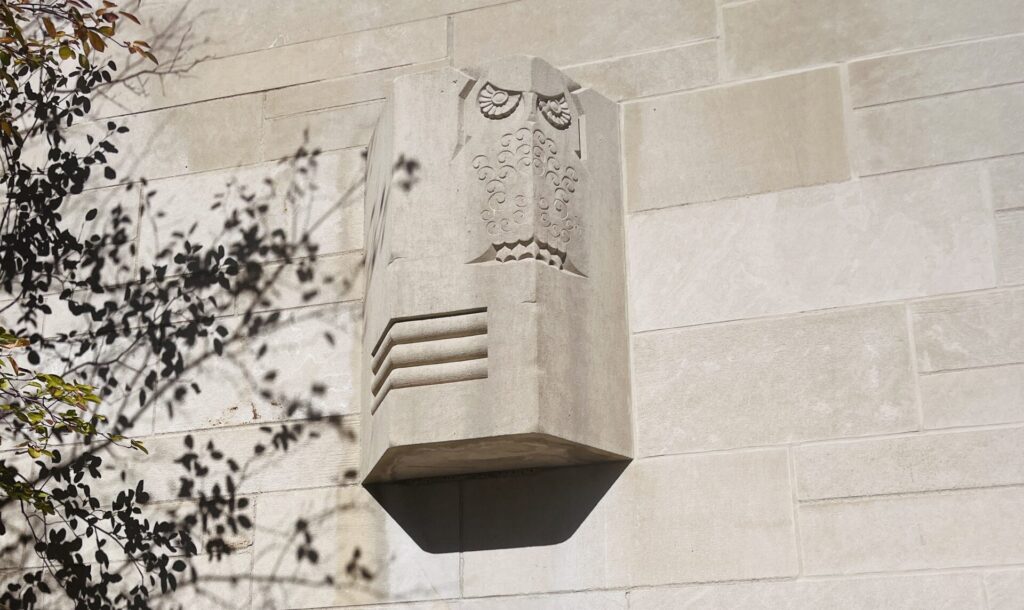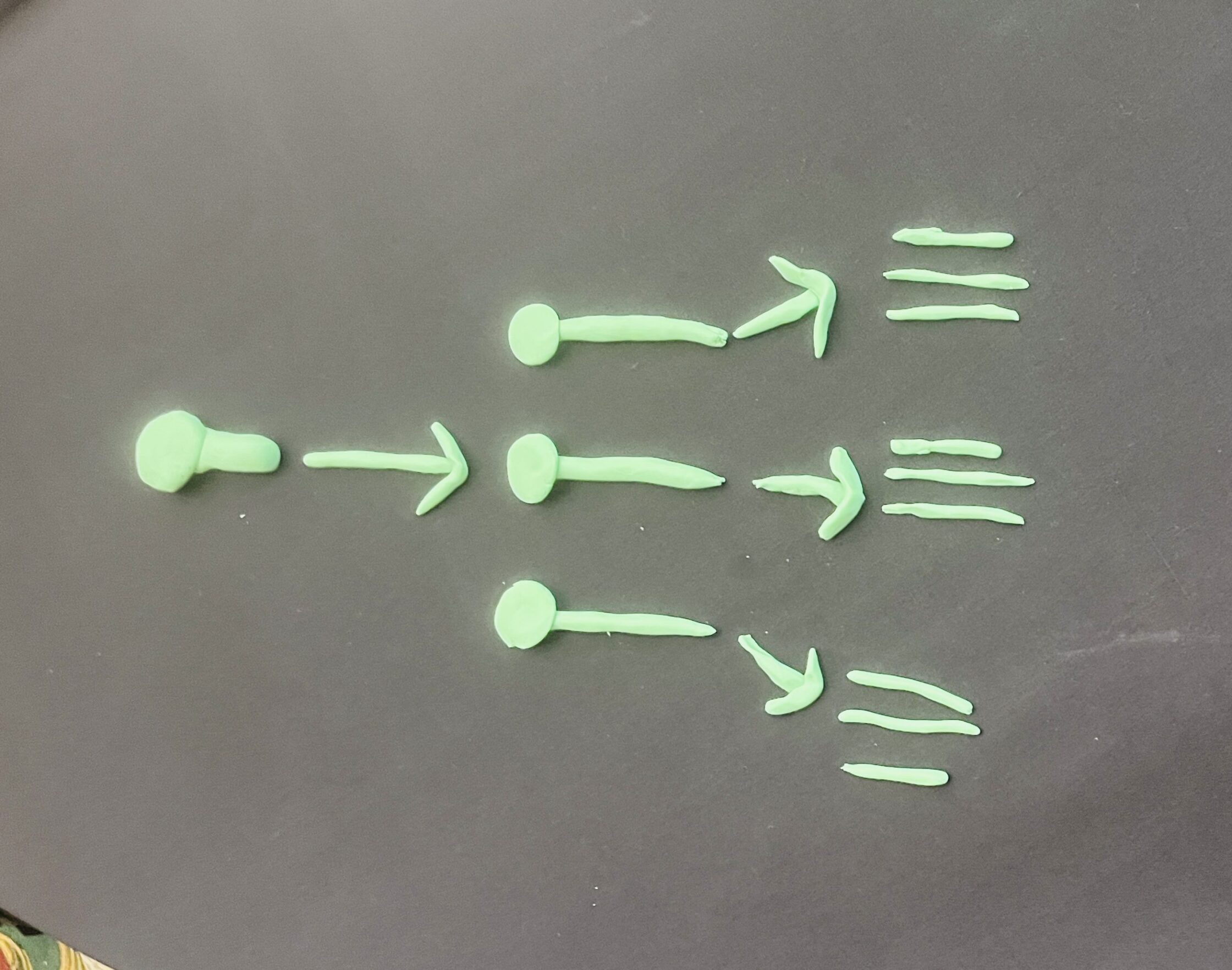After hosting the first international Decoding the Disciplines 2024 in Aachen (Blogpost) , I had the pleasure and privilege of traveling to the U.S. to collaborate with the Decoding the Disciplines community on improving teaching practices. At the ISSOTL conference in French Lick, Indiana, Joan Middendorf, Peter Riegler, and I hosted a joint workshop.
ISSOTL is the International Society for the Scholarship of Teaching and Learning (Link to Website). It is a gathering of educators who conduct research on their teaching and share their experiences. The next ISSOTL conference will take place in Wellington, New Zealand November 3-6, 2025.
The focus was on introducing simple methods for explicating expert knowledge, offering alternatives to the traditional but time-consuming decoding interview format.
Decoding the Disciplines is a framework that focuses on addressing students‘ challenges (Link to Website). The learning bottlenecks are identified and described, followed by a closer examination of one’s own expert processes. This structured reflection on implicit knowledge often helps educators generate new ideas for their teaching. The theory of decoding the disciplines guides through the process of innovating teaching to better support student learning.
The workshop was a great success. First, participants used dough to create 3D models of their own knowledge. This process of externalizing their expertise through non-verbal means was eye-opening for many and sparked new perspectives and ideas.

The second method involved using analogies to elicit expert knowledge: Participants were asked to suggest analogies from other contexts to someone describing their expert steps. The person being advised could then point out what didn’t quite fit with the analogy, prompting further suggestions. This shift in perspective also led to new insights for participants, providing them with fresh approaches to enhancing their teaching.
The second highlight of the trip was the Decoding the Discipline conference 2024 , held immediately afterward at Indiana University in Bloomington. The campus, with its extensive use of limestone carvings, gives off a Harry Potter-like atmosphere and is truly impressive.

One particularly inspiring presentation was by Nana Amoah-Ramey. In her course, Contemporary Black American Intensive Writing, she identified various bottlenecks students face in producing different text genres and developed ten-minute workshops for each class session to address these learning hurdles. For example, she introduced peer feedback using a rubric, enabling students to assess each other’s writing. She also implemented smaller activities, such as writing exercises on topics that personally excite the students. This process not only led to much-improved student writing but also brought greater joy to her own teaching.
Overall, this trip was both inspiring and enriching, offering numerous practical tools and insights for improving teaching and learning. The workshops and presentations showcased how even small adjustments in teaching methods can have a significant impact on student engagement and success. It also reinforced the importance of communities like Decoding, where educators from diverse backgrounds come together to share strategies, challenge assumptions, and push the boundaries of what is possible in education.
Bildquellen
- IMG_8201: Miriam Barnat
- IMG_8196: Miriam Barnat

